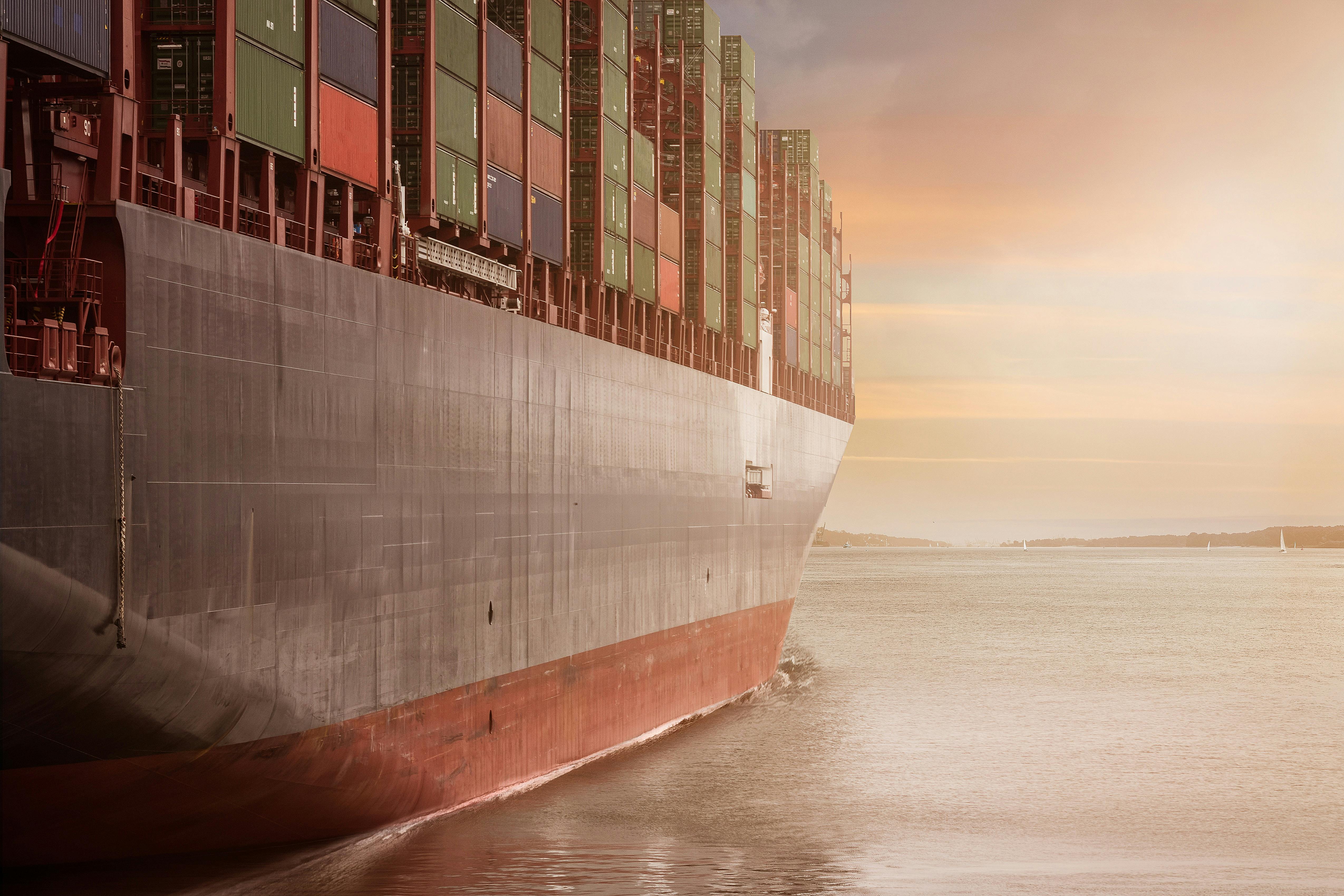

 The logistics industry is undergoing rapid transformation due to advancements in technology, changing consumer expectations, and global economic shifts. Companies that embrace innovation are staying ahead of the competition by improving efficiency, reducing costs, and enhancing customer experience. In this post, we’ll explore some of the key trends shaping the future of logistics.
1. Automation and AI in Logistics
Automation is revolutionizing logistics operations, from smart warehouses to AI-driven route optimization. Robotics, autonomous vehicles, and AI-powered demand forecasting help companies streamline processes, minimize human errors, and improve efficiency.
How AI is Changing Logistics:
Smart Warehousing – AI-powered robots assist in picking, packing, and sorting inventory.
Route Optimization – AI analyzes traffic patterns and weather conditions to optimize delivery routes.
Predictive Analytics – Helps businesses forecast demand and manage inventory more effectively.
2. The Rise of Green Logistics
Sustainability has become a major focus for logistics companies as businesses aim to reduce their carbon footprint. Green logistics includes eco-friendly packaging, fuel-efficient transportation, and electric delivery vehicles.
Ways Companies Are Going Green:
Implementing electric trucks and alternative fuels like hydrogen and biofuels.
Using recyclable packaging to minimize waste.
Optimizing supply chain routes to reduce fuel consumption and emissions.
3. Real-Time Tracking and IoT Integration
Customers today expect real-time tracking of their shipments. The Internet of Things (IoT) enables logistics companies to monitor goods in transit, track fleet performance, and improve security.
Benefits of IoT in Logistics:
Real-time shipment tracking for customers.
Fleet monitoring to improve vehicle maintenance and fuel efficiency.
Smart sensors to monitor temperature-sensitive goods like pharmaceuticals and food.
4. The Growth of E-Commerce Logistics
The explosion of e-commerce has increased the demand for fast and reliable delivery services. Companies are investing in last-mile delivery solutions, micro-fulfillment centers, and drone deliveries to speed up order fulfillment.
E-Commerce Logistics Strategies:
Same-day and next-day delivery options.
Automated warehouses for quicker order processing.
Partnerships with local couriers to improve last-mile delivery efficiency.
5. Blockchain for Supply Chain Transparency
Blockchain technology is enhancing transparency and security in the logistics industry. By providing a decentralized ledger of transactions, blockchain helps prevent fraud, reduce paperwork, and improve supply chain traceability.
How Blockchain is Transforming Logistics:
Enhancing supply chain visibility with real-time updates.
Reducing fraud and errors in documentation.
Improving payment processing and contract enforcement through smart contracts.
Conclusion
The logistics industry is evolving at an unprecedented pace, driven by technological advancements and changing market demands. Companies that adopt AI, IoT, blockchain, and green logistics strategies will be well-positioned for success in the future.
Are you ready to embrace these trends in your logistics business? Share your thoughts in the comments!
The logistics industry is undergoing rapid transformation due to advancements in technology, changing consumer expectations, and global economic shifts. Companies that embrace innovation are staying ahead of the competition by improving efficiency, reducing costs, and enhancing customer experience. In this post, we’ll explore some of the key trends shaping the future of logistics.
1. Automation and AI in Logistics
Automation is revolutionizing logistics operations, from smart warehouses to AI-driven route optimization. Robotics, autonomous vehicles, and AI-powered demand forecasting help companies streamline processes, minimize human errors, and improve efficiency.
How AI is Changing Logistics:
Smart Warehousing – AI-powered robots assist in picking, packing, and sorting inventory.
Route Optimization – AI analyzes traffic patterns and weather conditions to optimize delivery routes.
Predictive Analytics – Helps businesses forecast demand and manage inventory more effectively.
2. The Rise of Green Logistics
Sustainability has become a major focus for logistics companies as businesses aim to reduce their carbon footprint. Green logistics includes eco-friendly packaging, fuel-efficient transportation, and electric delivery vehicles.
Ways Companies Are Going Green:
Implementing electric trucks and alternative fuels like hydrogen and biofuels.
Using recyclable packaging to minimize waste.
Optimizing supply chain routes to reduce fuel consumption and emissions.
3. Real-Time Tracking and IoT Integration
Customers today expect real-time tracking of their shipments. The Internet of Things (IoT) enables logistics companies to monitor goods in transit, track fleet performance, and improve security.
Benefits of IoT in Logistics:
Real-time shipment tracking for customers.
Fleet monitoring to improve vehicle maintenance and fuel efficiency.
Smart sensors to monitor temperature-sensitive goods like pharmaceuticals and food.
4. The Growth of E-Commerce Logistics
The explosion of e-commerce has increased the demand for fast and reliable delivery services. Companies are investing in last-mile delivery solutions, micro-fulfillment centers, and drone deliveries to speed up order fulfillment.
E-Commerce Logistics Strategies:
Same-day and next-day delivery options.
Automated warehouses for quicker order processing.
Partnerships with local couriers to improve last-mile delivery efficiency.
5. Blockchain for Supply Chain Transparency
Blockchain technology is enhancing transparency and security in the logistics industry. By providing a decentralized ledger of transactions, blockchain helps prevent fraud, reduce paperwork, and improve supply chain traceability.
How Blockchain is Transforming Logistics:
Enhancing supply chain visibility with real-time updates.
Reducing fraud and errors in documentation.
Improving payment processing and contract enforcement through smart contracts.
Conclusion
The logistics industry is evolving at an unprecedented pace, driven by technological advancements and changing market demands. Companies that adopt AI, IoT, blockchain, and green logistics strategies will be well-positioned for success in the future.
Are you ready to embrace these trends in your logistics business? Share your thoughts in the comments!